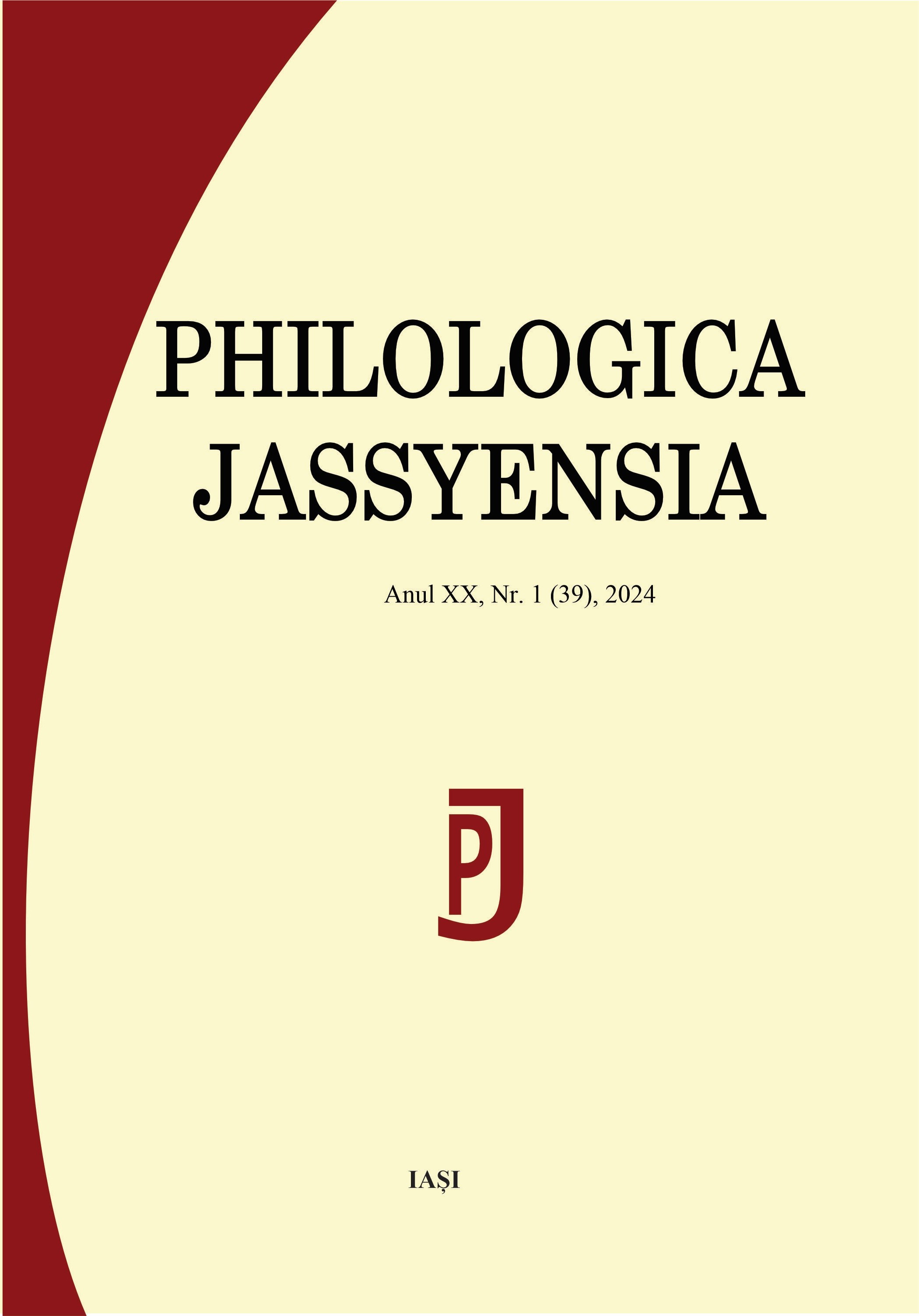Cognition, Language, and Ideology. Conflicting Cognitive Models of Pregnancy, Birth and Maternity during Romania’s Communist Era (I)
Cognition, Language, and Ideology. Conflicting Cognitive Models of Pregnancy, Birth and Maternity during Romania’s Communist Era (I)
Author(s): Gabriela Tucan, Dumitru TucanSubject(s): Civil Society, History and theory of political science
Published by: Editura Tracus Arte
Keywords: idealized cognitive models; cultural cognitive models; ideology; abortion policies in communist Romania; totalitarian policies;
Summary/Abstract: One of the first political decisions of the Ceaușescu regime, with significant implications for the private lives of citizens in communist Romania, was the prohibition of abortion through Decree 770/1966. This act marked the beginning of an aggressively enforced pronatalist policy, facilitated by the repressive apparatus of the dictatorship, resulting in tragic consequences, especially for women in Romania – illegal abortions, loss of lives, orphaned children, and more. The imposition of this pronatalist policy relied on highly ideologized rhetoric, underpinned by a patriarchal Idealized Cognitive Model (ICM), redefined through conceptual metaphors with a “socialist” twist, adapted to the new political context. This official Idealized Cognitive Model became incompatible with the real experiences of Romania's citizens regarding pregnancy, birth, and maternity.This two-part article describes and analyzes, based on the theory of Idealized Cognitive Models, the conflicting tension within the discourse on maternity during Ceaușescu's dictatorship. It explores the conflict between the officially sanctioned cognitive model of maternity, ideologically embraced by the regime (evident in its official rhetoric), and the personal experiences of women, revealing emotional pain, physical anguish, and trauma (visible in the corpus of oral testimonies, interviews, and narratives). In the examined corpus, which includes private and official narratives, as well as press releases regarding Romanian legislation on population growth, we seek to reveal the conventional schematization of concepts related to birth, pregnancy, and maternity, iconographically fixed by several conceptual metaphors emphasizing the “glory” of bearing and raising as many children as possible. The article intends to highlight an elevated political and ideological specificity attached to these metaphors. One of the primary objectives is to establish a methodology for the comprehension of the conceptual operations of harmful political policies with substantial ideological dimensions.
Journal: Philologica Jassyensia
- Issue Year: XX/2024
- Issue No: 1 (39)
- Page Range: 269-282
- Page Count: 14
- Language: English

